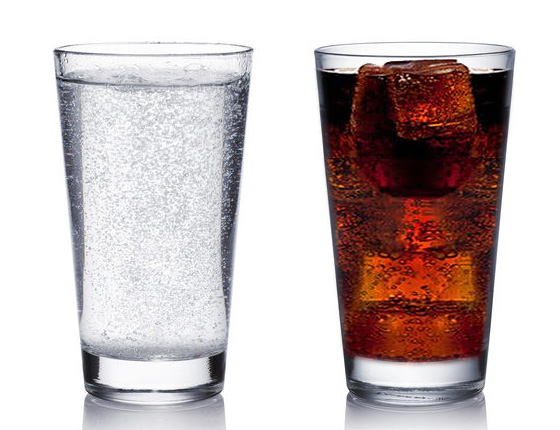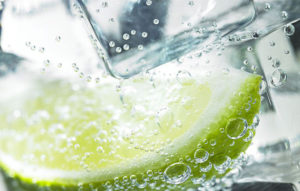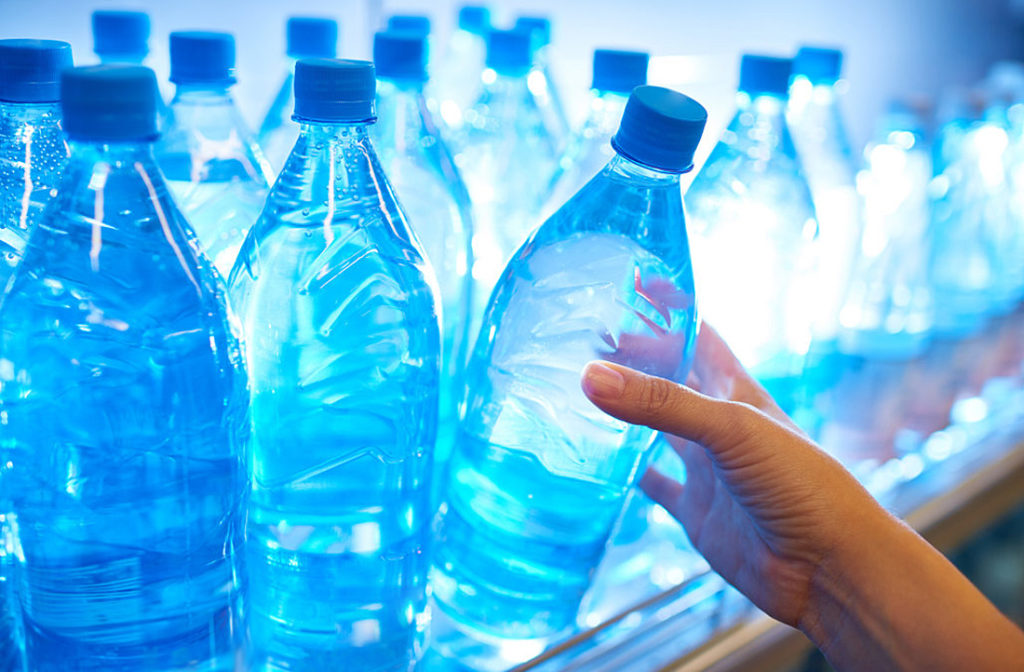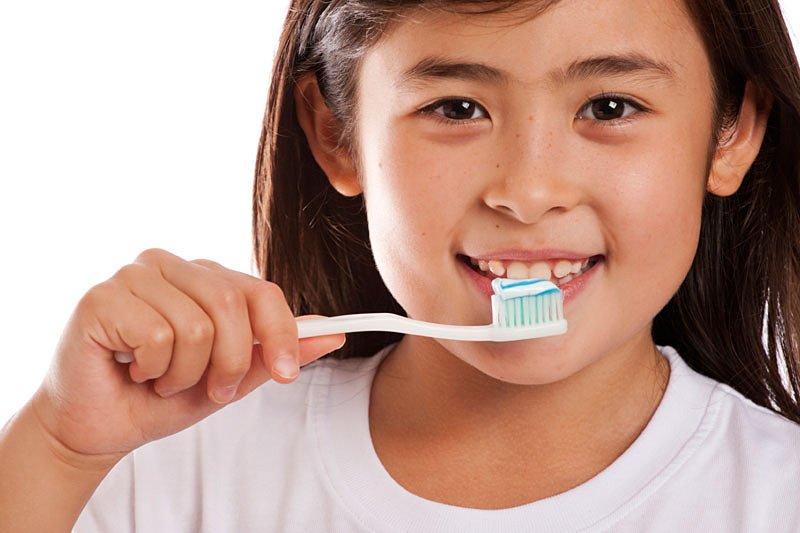Llast year Americans spent $16 billion on sparkling water. That my friends is a lot of bubbles! When ordinary water is too flat to enjoy, some of us turn to the sparkling variety. So it concerns us to see articles warning about the possible damage sparkling water could inflict on our health, and our teeth. Is the satisfying fizz of your favorite sparkling water putting you at risk for tooth decay? Because any drink with carbonation — including sparkling water — has a higher acid level, some reports have questioned whether drinking sparkling water will weaken our tooth enamel, the hard outer shell of our teeth where cavities first form.
Dentists have weighted in on sugary drinks and how soda is bad for our health, and our teeth. The sugar in soda can rot our teeth, cause you to gain weight, and even give you diabetes. But with no sugar or any other ingredients, why would sparkling water pose any issues?
Sparkling Water vs. Soda
 Surely, drinking flavored calorie free bubbly water is better for your teeth than soda. While research is varied when it comes to those delightful little bubbles in sparkling water, it has been shown to be somewhat harmful over time to our teeth. However, sparkling water is not nearly as corrosive as soda can be. This is due primarily to the fact that sparkling water gets its fizz from carbon dioxide. A chemical reaction in your mouth turns the carbon dioxide into carbonic acid, not only giving the drink a tangy, zesty, refreshing bite, but also making it more acidic. Sparkling water is far less acidic than orange juice or sugary soft drinks, but it is more acidic than plain water. That’s where the potential for dental erosion comes in, because the acid in drinks and foods can wear away our tooth enamel.
Surely, drinking flavored calorie free bubbly water is better for your teeth than soda. While research is varied when it comes to those delightful little bubbles in sparkling water, it has been shown to be somewhat harmful over time to our teeth. However, sparkling water is not nearly as corrosive as soda can be. This is due primarily to the fact that sparkling water gets its fizz from carbon dioxide. A chemical reaction in your mouth turns the carbon dioxide into carbonic acid, not only giving the drink a tangy, zesty, refreshing bite, but also making it more acidic. Sparkling water is far less acidic than orange juice or sugary soft drinks, but it is more acidic than plain water. That’s where the potential for dental erosion comes in, because the acid in drinks and foods can wear away our tooth enamel.
So it’s true that sparkling water, when compared to plain water, is just slightly more acidic. Flavored sparkling waters, which typically contain citric acids, can be even more corrosive to teeth. However, when compared to a soda, coffee, tea, orange juice, and any number of other popular beverages with the exception of purified water, the acidity of sparkling water is minimal and considered safe for teeth.
Health Benefits of Sparkling Water
 Yes, there are benefits to drinking sparkling water. As noted, carbonated water — also known as sparkling water, seltzer water or soda water — is simply plain water that’s been infused with carbon dioxide. The process of creating carbonated water doesn’t add sugar, sodium, calories or caffeine. And we all know that hydration is vital to good health and according to leading dietitians, carbonated water hydrates just as well as plain water. Health effects of good hydration include better concentration, decreased risk of constipation, proper heart and kidney function, body temperature regulation and softer, more elastic skin.
Yes, there are benefits to drinking sparkling water. As noted, carbonated water — also known as sparkling water, seltzer water or soda water — is simply plain water that’s been infused with carbon dioxide. The process of creating carbonated water doesn’t add sugar, sodium, calories or caffeine. And we all know that hydration is vital to good health and according to leading dietitians, carbonated water hydrates just as well as plain water. Health effects of good hydration include better concentration, decreased risk of constipation, proper heart and kidney function, body temperature regulation and softer, more elastic skin.
Possible Side Effects of Sparkling Water
The carbonation of sparkling water could have a negative effect on some people. According to nutritional specialists, people with irritable bowel syndrome might experience bloating and gas because of the carbon dioxide. Additionally, you should avoid sparkling water after a workout as it might fill you up and cause you to drink less water to rehydrate. A good way to look at your options is to drink regular water as much as possible during the day. It’s fine to drink sparkling water during meals or other times, but not all day long. And if it comes to choosing between a seltzer or a cola, always go with the sparkling water for healthier teeth.
Oral Health Advice When Drinking Sparkling Water:
- Sparkling water is far better for your teeth than sugary drinks.

- In addition to sparkling water, be sure to drink plenty of regular, fluoridated water. It’s the best beverage for your teeth.
- Don’t drink sparkling water if you suffer from irritable bowel syndrome (IBS)
- Avoid sparkling water after a workout as it might fill you up and cause you to drink less water to rehydrate
- Read the nutrition label and avoid sparkling water with any added sugar or artificial sweeteners
- Avoid drinking too much sparkling water with high amounts of citric acid added for flavoring
- Save your more acidic sparkling water for mealtimes and drink regular water in between
Our Practice Is Built Around Your Smile
A beautiful and healthy smile is just around the corner at Northgate Dental. To find out more about us or how we can help please contact us. We will be more than glad to help with any advice we can. Or if you prefer, request an appointment and receive a free consultation. We look forward to improving your smile, and your health.



